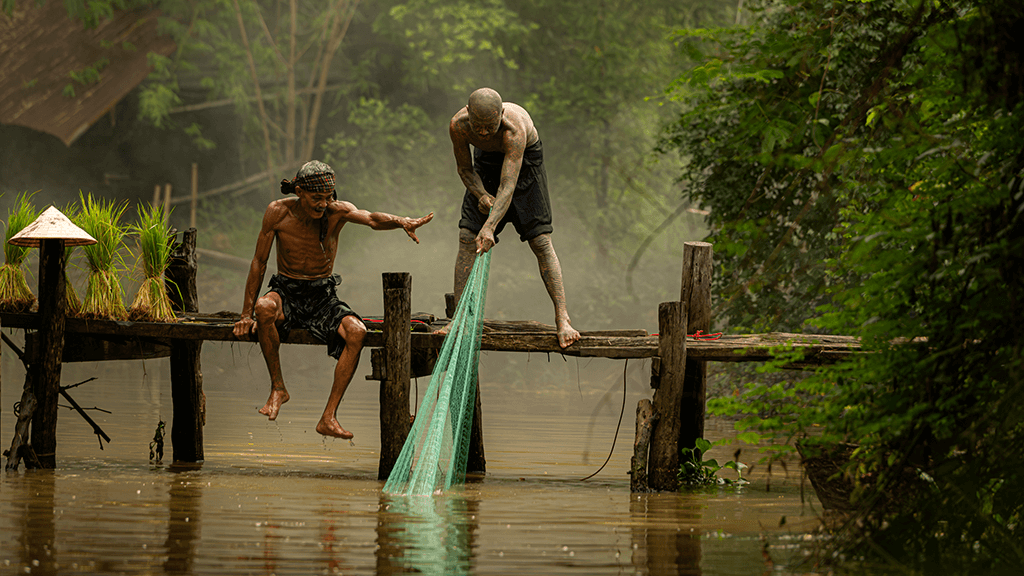


We are excited to present our latest blog series celebrating the launch of the Fourth World Journal: Volume 24(2), Winter 2025 Issue. In this edition, our remarkable contributors delve into important topics such as land rights, the protection of indigenous resources, and the vital roles that resilience, tradition, art, and activism play in safeguarding Indigenous territories and cultures.
We begin the series with the introduction to Biodiversity Wars: International Relations and the Fourth World by Dr. Rudolph Rÿser, which examines the dynamics of international relations and how they shape the sustainability of ecosystems and cultures worldwide.
About the Author:
Dr. Rudolph C. Rÿser grew to maturity in the Cowlitz Indian culture on the US Pacific Northwest coast. He is of Cree/Oneida descent on his mother’s side and Swiss descent on his father’s. He founded the Center for World Indigenous Studies in 1979 and is widely recognized around the world as the principal architect of theories and principles of Fourth World Geopolitics. For more than fifty years, he worked in the field of Indian Affairs as a writer/researcher/advisor to political leaders of Fourth World Nations throughout the world.
Abstract
This is the first part of Chapter 2 of Rudolph Rÿser’s book, Biodiversity Wars: Coexistence or Biocultural Collapse in the 21st Century, which he was writing at the time of his passing. This chapter examines the dynamics of international relations and biodiversity, focusing on how the relationships between indigenous nations and modern states have shaped the sustainability of ecosystems and cultures around the world. Rÿser explores the definitions and distinctions between the cultural heritage of nations and the ethos of states, emphasizing how these differing frameworks impact their interactions and the ongoing struggle for biodiversity and cultural preservation. Drawing a contrast between “corporate states” and “Fourth World Nations,” Rÿser argues that the former can act in overconsumptive and aggressive ways despite the existence of alternative kálhaculture practices, or methods of sustenance that balance the demands of the human and natural worlds. This chapter also introduces the “temporal pause” prompted by the creation of the Westphalian system and the global breakdowns it has incurred as a result of resource exploitation. As a result, it is imperative that states and nations re-evaluate the international system, opening mutual political opportunity among actors.
For full access to this issue of the Fourth World Journal, sign up for an annual subscription.
The library is dedicated to the memory of Secwepemc Chief George Manuel (1921-1989), to the nations of the Fourth World and to the elders and generations to come.
access here